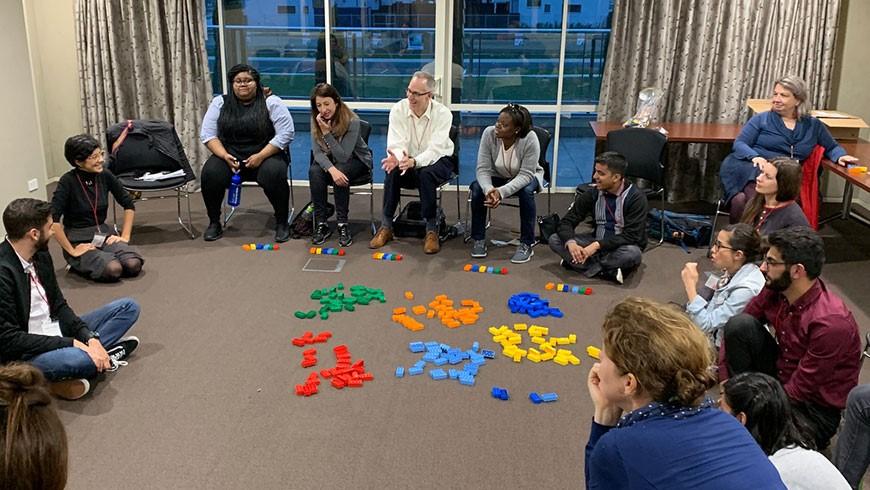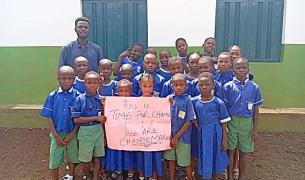How 16 Coaches are Helping Teachers Reach all Learners

In May, Teach For America alumna and Director of Policy and Engagement for EducationNC, Molly Osborne, joined a gathering of Teach For All and the Oak Foundation's Reaching All Learners Fellowship in Auckland, New Zealand, and wrote a series of articles about the experience for EducationNC. The following is an excerpt of her final post in the series:
For a week at the beginning of May, 16 teacher coaches from 16 different countries gathered in Auckland, New Zealand to learn different strategies to better reach students (and adults) with learning differences. The fellows are part of the Teach For All-Oak Foundation Reaching All Learners Fellowship.
Over the course of a month before the trip, the fellows completed an online module exploring various strategies to better serve students with learning differences, including a focus on metacognition, culturally responsive teaching, and Universal Design for Learning. During their time in Auckland, the fellows learned about New Zealand’s history and shift towards biculturalism and how New Zealand approaches reaching all learners through their education strategy Ka Hikitia. They visited schools in Auckland, were taught Māori customs and history by high school students, and reflected on how they could help their teachers better reach their students.
At the end of the week, the fellows created their action research plans to implement over the next three to four months. For their action research plans, fellows came up with a question to research, wrote a hypothesis, and developed a plan for implementation, data collection, and measurement. Afterwards, they’ll write a case study about their findings.
One of the fellows from last year’s cohort who was a facilitator this year, Emilio Rodriguez Caceres, shared his research question and findings. As a fellow with Enseña por Paraguay, he realized many of his students were not coming to class prepared to learn due to traumatic situations they faced at home or in their communities. He decided to research, “How can emotional awareness strategies affect students’ ability to master content during a lesson?”
Over the course of two weeks, he tested his hypothesis that learning emotional awareness strategies would lead his students to have better mastery of content. When he compared his students’ exit ticket scores from the week before he taught his students the strategies to the week after he taught them, he saw higher scores and better mastery of content, confirming his hypothesis.
Because the fellows this year are teacher coaches instead of teachers themselves, their projects involve the teachers they mentor and their students. Some projects involve using metacognitive strategies with the teachers themselves, while others involve coaching the teachers to use metacognitive strategies with their students and measuring the impact.
Read the full article, including videos of Reaching All Learners fellows from several Teach For All network partners, here and read the complete series here.



